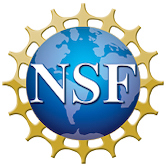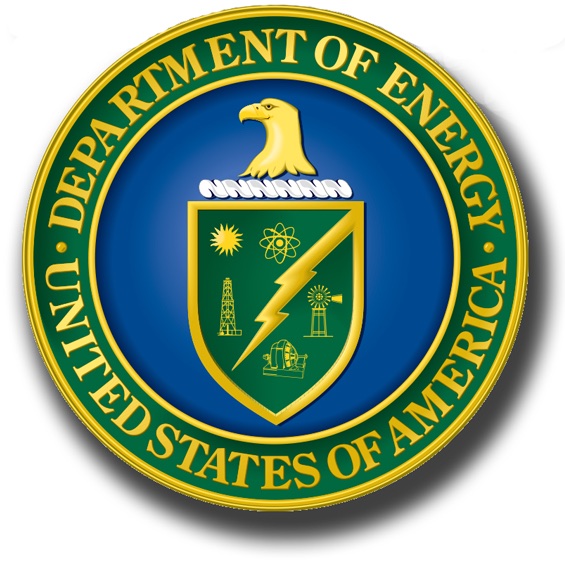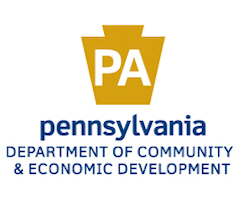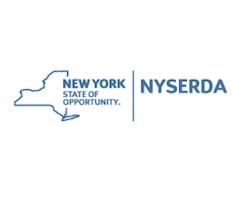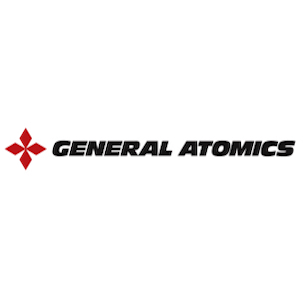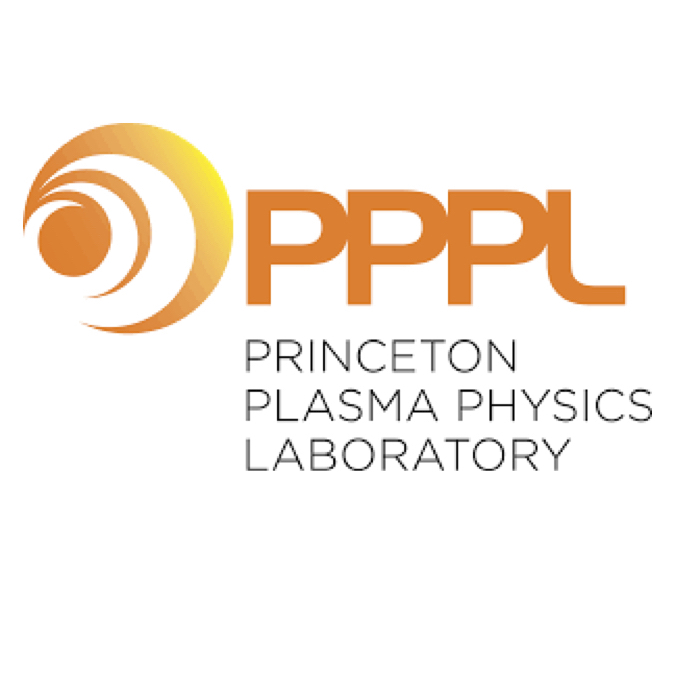Central Safety Factor and Normalized Beta Control Under Near-Zero Input Torque Constraints in DIII-D
A. Pajares, W. Wehner, E. Schuster, K. Burrell, J. Ferron, M. Walker, D. Humphreys
Division of Plasma Physics (DPP) Annual Meeting of the American Physical Society (APS)
Milwaukee, WI, USA, October 23-27, 2017
|
Abstract
|

|
DIII-D experiments have assessed the capability of combined central
safety factor (q0) and normalized beta (βN) control under near-zero
net torque to facilitate access to QH-mode with reverse Ip and normal
Bt. Regulation of q0 and βN can prevent magneto-hydrodynamic
instabilities that deteriorate plasma performance in discharges with a
monotonically increasing safety-factor profile. Zero-input-torque
scenarios are of special interest because future burning plasma
tokamaks such as ITER will most likely operate with very low input
torque, which makes these scenarios more susceptible to locked modes.
To support studies of such scenarios, a controller for simultaneous
regulation of q0 and βN has been developed using near-zero net input
torque actuators including balanced neutral beam injection (NBI) and
electron-cyclotron heating & current drive (ECH/ECCD). Experimental
results show that in spite of the presence of locked modes the use of
feedback control resulted in good tracking of the commanded q0 and βN
when both ECCD/ECH and NBI were available.
